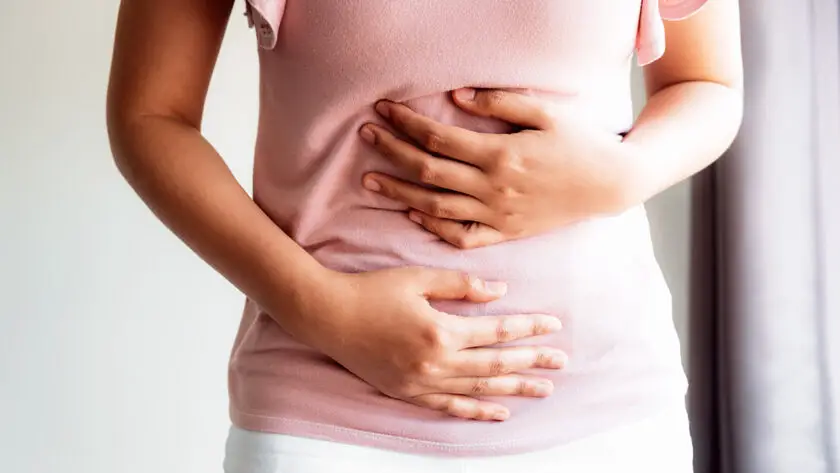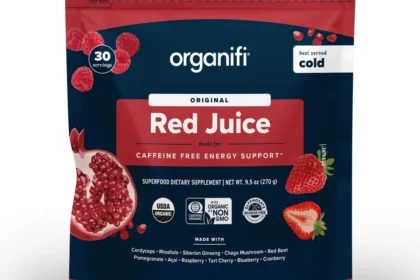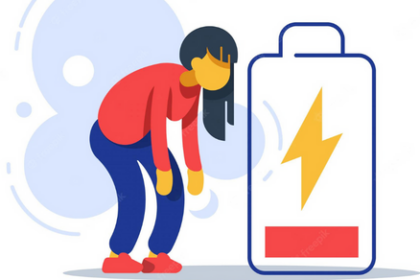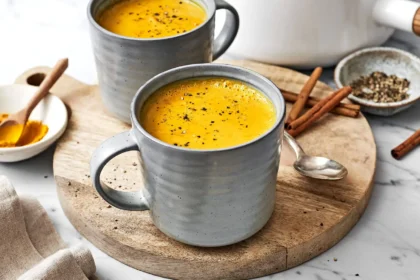Certian foods combined well together for taste and certain foods do not. As an avid student of nutrition, diet and general health and wellness principles I learned something years ago that I’d like to share with you today that will definitely improve your gut health, reduce gas, bloating and excess weight gain. If you deal with any of these challenges pay attention to this article and take notes, you’ll find that without changing your diet these small changs can go a long way. The foods that you eat together matter, and the smarter you combine your foods the better your gut will feel in general.
As you start to make this a habit in your life and diet you’ll notice your stomach and digestive system simply work better. You’ll have less gas bloating and your weight will be healthier.
Why Does Food Combinations Matter?
That’s a great question to start with. Why do food combinations matter? Food has such a range of so many factors including macronutrients like fat, protein or carbohydrates. Food also has a very different pH depending on what you’re eating. Some foods are highly acidic while other foods are very alkaline. Some foods such as starches are very different than protein or carbohydrates for example. The more foods you mix together, and drinks too, the more complicated the recipe in your gut.
Your gut has to identify what macronutrients are in here, what’s the pH, how many enzymes are we working with.. Do we have fiber? The list goes on and on. The complexity of what you eat together just complicates it for the gut. With that being said some foods combine together well, but the more you mix together the more disastrous the outcome tends to be.
Thanksgiving day is a prime example of this. People eat protein, fat, carbohydrates, starch and everything in between. They feel bloated, and get lost in a food coma. Simple meals with simple ingredients and simple recipes are best digested and metabolized by the body. About half of the world lives on rice and beans, very simple and straightforward.
Food Combining Rules That Cause Gas, Bloating & More
-
Don’t Drink While You Eat!
This isn’t nearly as common knowledge as it should be. When you drink anything, be it water, tea, juice, coffee or alcohol only drink while you drink and only eat while you eat. There should be about a 30 minute gap between eating and drinking. If you eat, wait 30 minutes to drink. If you drink anything, wait about 30 minutes to eat. Fluids dilute the digestive enzymes and acids. This causes the digestive process to be less efficient. Use water before or after you eat to wash things down, not during. By drinking while you eat, especially alcohol you are much more likely to feel bloated and have embarrassing gas.
-
Bland Food Creates Bloating!
Use more herbs and spices in your food. These are secret digestive aids working in your favor. Herbs and spices are okay to add and will help to alleviate inflammation, bloating and gas. Quite literally all herbs and spices will help to support gut health and act as digestive aids. Don’t be afraid of the seasoning and the flavor, pour it on and make your dish come to life!
-
Starch Foods Are Bloating & Gas Producing:
Starchy foods such as potatoes, rice, quinoa and legumes are best served alone or with other starchy foods. When starch combines with other foods that contain carbohydrates or other fats or proteins it can be too difficult to digest. Starches are one of the most difficult foods to digest, so they are best served solely with starches. If you have potatoes, make it a mid-day snack. Same with rice, make it a nice snack, not something you pair with dense protein and fat.
-
Fruit is Best Eaten Alone:
Fruit is best eaten alone because it is very simple and easy to digest. If you eat starch, protein or fat before you eat fruit the body holds fruit in the gut for up to four hours when it should digest within less than 30 minutes. This causes the fruit to ferment causing gas and bloating. This is why in the summer time when it’s hot outside we come inside and grab a big slice of watermelon, or strawberries, or handful of blueberries. That fruit is meant to be served and eaten on it’s own to refresh us, hydrate us, and raise blood sugar levels quickly but in a healthy way.
-
Eat Leafy Greens With Your Protein:
Leafy greens pair very well with protein from meat. Meat requires enzymes to break down and leafy greens pair well because of the pH balance. You are best suited to avoid starchy vegetables such as potatoes, quinoa or rice with meat because it requires an alkaline environment to digest while meat is acidic. Alkaline and acidic foods aren’t ‘good or bad’ as we’ve been told. The body needs alkaline foods and the body needs acidic foods. The timing, pairing and balance of both acidic and alkaline foods is what matters most. The key here? Add some leafy greens with your meat, it will help the meat digest best and not leave you feeling bloated or gassy like potatoes will.
These rules are important to know to reduce gas, bloasting and weight gain as a whole. If you want to keep a healthy gut you want to follow these rules to the best of your ability as often as you can. There are some specific foods that really support the body in actively reducing bloating and gas as well. Those are worth mentioning here and worth having on hand in your kitchen.
The Best Foods To Combat Bloating & Gas Are:
1. Cucumber:
Cucumbers are great because they’re a hydrating water rich vegetable. They reduce puffiness under your eyes and puffiness in your belly! Cucumbers along with onions contain quercitin which is an antioxidant that help to reduce swelling. They also have been shown to cool the heated exchange between pro-inflammatory enzymes. In other words, cucumbers keep your belly COOL as a cucumber!
2. Asparagus:
Asparagus is an anti-bloating superfood because it helps you to urinate any excess fluid that your body is holding onto that can contribute to water weight, or swelling within the belly. This vegetable contains both soluble and insoluble fiber which help to move things through the gut. It also contains prebiotics which help to instill healthy gut bacteria to win the bacteria battle going on in your gut, to fight the bad guys! This vegetable is a powerhouse that reduces both bloating and gas.
3. Carrots & Sphaghetti Squash:
These vegetables are low in carbohydrates that can ferment in the gut leading to issues, so they make for a great filler vegetable to help move things through.
4. Bananas:
Who doesn’t love a banana? Banana’s are great because they contain prebiotics, fiber and are rich in potassium. This prevents water retention in the body by regulating sodium levels. Because they contain soluble fiber this ‘mush’ of the banana helps to push things through. If you have bloating that is caused by constipation then a banana is your best friend!
5. Papaya & Pineapple:
Papaypa and pineapple both contain crucial enzymes for gut health. Papaya contains papain and pineapple contains bromelain. These enzymes both help to break down difficult to digest proteins. Papaya is also a strong anti-inflammatory fruit. Pineapple is known from a 2021 study to be one of the most effective fruits to break down collagen in the body. That’s a good thing for anyone that wants healthy hair, skin and nails!
And there you have it! A list of what to avoid with food and drink combinations as well as foods that help to reduce bloating and gas efficiently.
Another food group worth adding here is prebiotics and probiotic rich foods such as sauerkraut, kimchi and other fermented vegetables. These help to instill healthy gut bacteria which keeps your gut doing what it needs to do, fighting the bad guys. Probiotic pills do not match the probiotic power and potential of fermented living foods. We’re currently working on something called ‘The Fermentation Method’ which teaches you how to ferment and culture your own drinks and foods from home! Making your kitchen a factory that produces probiotics for your gut health and a happy tummy. If you’d like to learn more about this sign up for our Healthy Wild Free email newsletter and we’ll update you!





